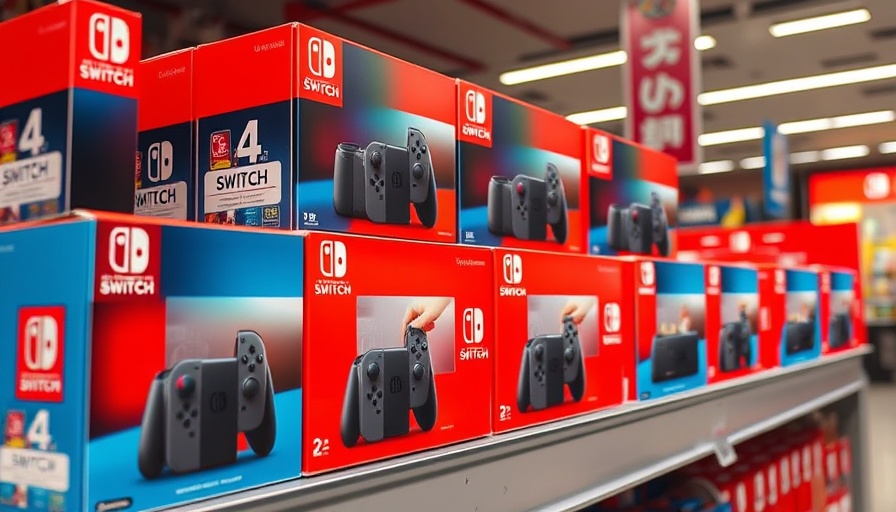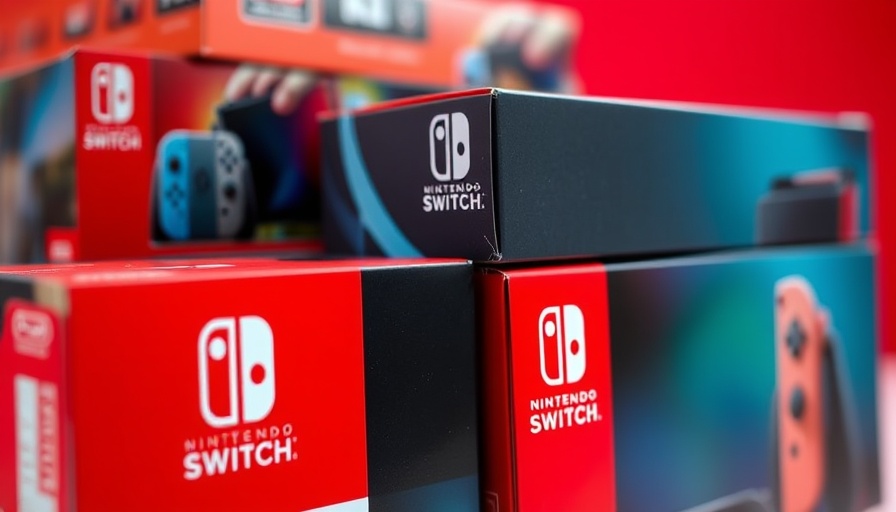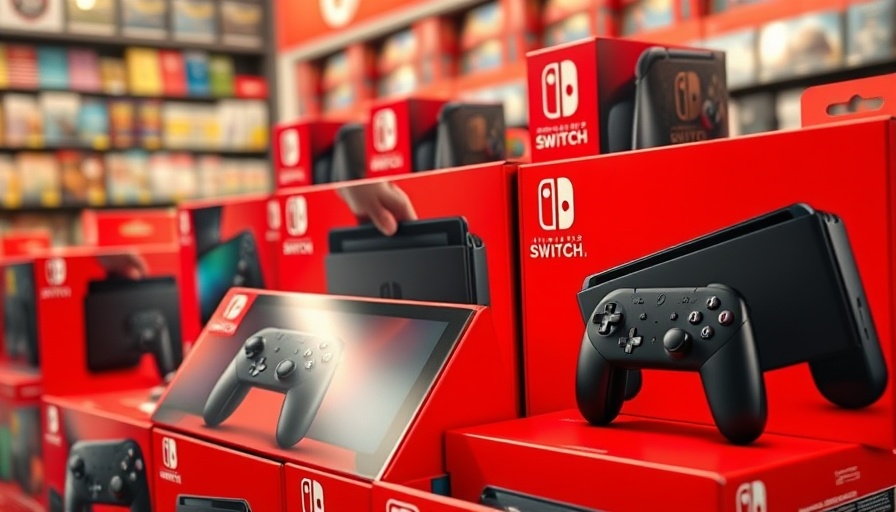
Nintendo’s Switch Ban: A Cautionary Tale for Gamers
The digital age has ushered in a wealth of opportunities for gamers, yet it has also brought challenges that can result in sudden, unfair penalties. A recent incident involving a Nintendo Switch 2 user, who was banned after playing games from their previously owned Switch, highlights the critical importance of understanding user rights in the gaming ecosystem.
Understanding Nintendo’s Policies on Game Ownership
Nintendo, a stalwart in the gaming industry, maintains a robust policy framework surrounding digital game ownership and account management. Initially, the user was banned due to what appeared to be a violation of these policies. This situation raises questions about the interpretation of ownership: when does a purchase become a liability?
When gamers transition to new hardware, especially in consoles like Switch 2, they expect a seamless experience in accessing their catalog of games. The underlying issue often stems from how companies enforce game licenses digitally, which can create confusion among users who are merely attempting to enjoy their previously owned titles.
A Case Study in Misunderstanding
In this instance, Nintendo's automatic banning system clicked into gear based on algorithmic detection that flagged the user for potential policy violations. It took the persistence of the Switch 2 owner to prove their legitimacy and regain access to their account, ultimately shining a light on how such automated systems can misjudge scenarios.
An examination of this incident is vital for understanding the intersection of technology, user experience, and corporate policies. It illustrates the delicate balance that gamers must find between enjoying their games and navigating the sometimes murky waters of digital rights management (DRM).
The Community Response: Gamer Solidarity and Support
The gaming community swiftly rallied around the affected player, echoing a sense of solidarity that is characteristic of gamers everywhere. Numerous individuals shared similar experiences, revealing that issues related to banning are not isolated incidents. The collective pushback against infringing policies speaks volumes about the community’s importance in advocating for rights, fairness, and transparency.
This grassroots support prompted further discussions online about the need for clearer guidelines from companies regarding ownership and account bans, advocating for an environment where players feel valued rather than punished for standard gaming practices.
Future Implications for Account Management and User Rights
As digital games might take on a bigger role in the gaming landscape, companies like Nintendo must evolve alongside their ever-growing user base. The need for comprehensive education around policies and a more personalized approach to account management is critical for ensuring gamers are not unjustly penalized.
Future trends may involve more transparent communication, improved user support, and perhaps a review of banning practices to prioritize customer satisfaction and trust.
Conclusion: A Call to Action for Gamers
This incident sparks concern about user rights in gaming and prompts gamers to remain vigilant advocates for themselves and others. As the digital space continues to grow, so too should the controls and regulations surrounding it. Mobilizing as a community amounts to more than just playing games—it's about ensuring fair play for everyone, including getting involved in discussions about policy changes with gaming companies.
Game on, and don’t hesitate to voice your concerns!
 Add Row
Add Row  Add
Add 




 Add Row
Add Row  Add
Add 

Write A Comment